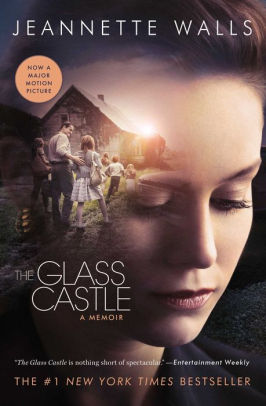An English teacher asked me to read this and let her know any thoughts I might have, since she will be teaching it next year. Here is what I wrote her:
Book cover:
Cover it before handing out to students (if I’m a guy, I’m not interested). Plus, the cover does little justice, I think, for the book. So, have the students create a cover that catches the theme, mood, and important symbols of the book. Then, on the back, instead of a synopsis, write a brief explanation for why they designed the book cover the way they did, citing various scenes and/or quotes.
You could then reveal the actual cover and have them analyze it’s portrayal of the book: Where does it work? Where doesn’t it?
Possible connections:
Someday Never Comes, by Creedence Clearwater Revival
My Pappa’s Waltz, by Roethke
My Dead Dad’s Porno Tapes (Youtube: https://www.youtube.com/watch?v=eLhctg8j5kI)
Favorite Quotes:
“Mom, however, thought it was one of the most beautiful trees she had ever seen” (pg 35). You can do almost an entire lesson on this opening paragraph:
Why does she find it so beautiful? What connections does she have with the tree?
How does the life of this tree relate to her life (continue this imagery throughout the rest of the book)? In the end, does she become a beautiful “Joshua tree” or something else? Explain.
Then, a few pages later, she says, “We gave them a little extra time on the planet, they should be grateful for that” (pg 37) . . . how is this sentiment very Joshua tree-ish?
“That was the thing to remember about all monsters, dad said: They love to frighten people, but the minute you stare them down, they turn tail and run. All you have to do, Mountain Goat, is show old Demon that you’re not afraid” (pg 37). When I first read this I thought, “Damn. Dad is a complex character,” and as the story transpired, it became clear that he is also a man who cannot scare his own demons (his mother).
Yet, in the final pages, he says, “I must have done something right”, and Mountain Goat agrees, “Course you did” (pg 279). What is it? What did he do right?
“Something in all of us broke that day, and afterward, we no longer had the spirit for family gatherings” (pg 277). This is huge, I think. After all this family had been through, what did this event break the family? What is so special about it? So unique? And/or so devastating?
Thoughts to Consider:
What makes a “good” parent? Is it simply provisions (house, clothing, education, etc.)? Can a parent provide all the things a child needs/wants and still be a bad parent? Can a child be raised in poverty, lacking the necessities of life, and still have good parents? What makes a good parent good and a bad parent bad?
What role does child trauma play on an adult’s life? Is the dad given a pass, or at least grace, because there is a very real chance he was abused by his own mother, or does that no longer matter, once he has children of his own? Explain.
(Sorry, this one is kind of a soapbox🙂) Do you know anything about how your parents were raised? If not, why not? If not, could you find out?
We are all so quick to judge our parents, to point out where and how they failed us. Yet, what do we know about their parents? How they were raised? And what obstacles they’ve had to overcome, just to simply provide a roof over our heads? What was their childhood like?
If we don’t know . . . could we ask?
Grade: B-
I don’t know. I’ve read similar stories that were better told.
For more on . . .
